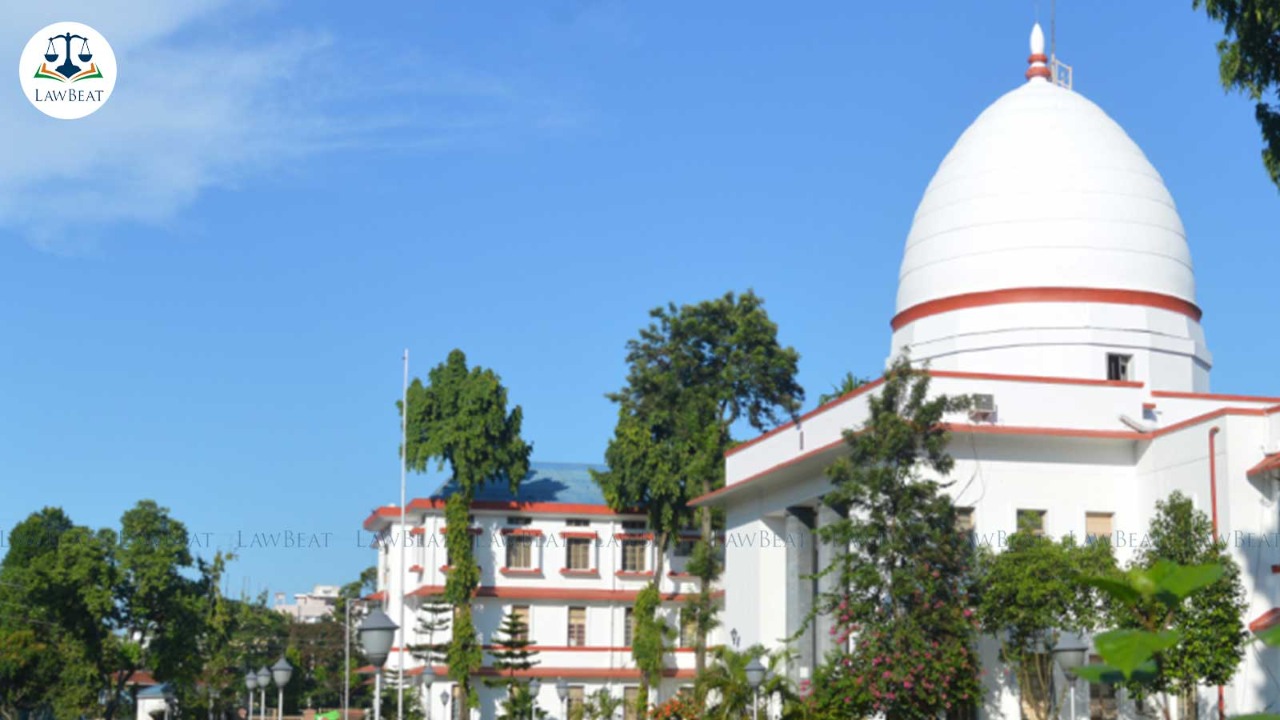Gauhati High Court upholds Act of 2020 to repeal Madrassa Education Provincialisation Act

The Gauhati High Court on Friday upheld the Assam Repealing Act of 2020 that repealed the Madrassa Education Provincialisation Act under which all provincialised (government-funded) madrassas were to be converted into general schools in Assam.
Upholding the constitutional validity of the Assam Repealing Act 2020, a division bench comprising Chief Justice Sudhanshu Dhulia and Justice Soumitra Saikia dismissed a writ petition filed by 13 petitioners and stated,
“Consequently, the claim of the petitioners that these Madrasas are minority institutions and were established and administered by the minority is a claim which has no foundation and is hence not acceptable”.
The bench also dismissed a writ petition challenging the validity of the Act.
The present plea was filed by 13 individuals in the in 2021 against the State government’s decision to transform the state-funded madrassas to general schools.
The petitioners belonged to a minority community, i.e. Muslim minority community, and hence have asserted their right as a religious minority community to establish and administer educational institutions of their choice. The State, on the other hand, denied that the educational institutions were neither established, or are being administered by a minority, be it linguistic or religious.
The bench stated that, preference given by the State to any one religion, in a multi-religious society like ours, negates the principle of Articles 14 and 15 of the Constitution of India. It was thus the secular nature of the State which mandates that no religious instruction shall be provided in any educational institution wholly maintained out of State funds [Article 28(1)].
“The madrassas which are wholly maintained by the State cannot impart religious instructions in terms of the mandate of Article 28(1) of the Constitution of India,” noted the bench.
Further mentioning that in 1854, Charles Wood, the President of the Board of Control of the British East India Company wrote a long despatch/letter to the Governor General of India, Lord Dalhousie. Also, known as “Wood’s Despatch” or “the education despatch of 1854”, the bench remarked that, “In this letter, Charles Wood suggested that amongst various measures prescribed, the State should be religiously neutral and must provide secular education.”
“We must reiterate that secularism is a basic feature of our Constitution and Article 28(1) is nothing but a strong assertion of our secular principles,” said the bench.
The word “Provincialisation” would mean bringing something within the fold of a province, in other words, bringing it within the ownership of the Government, stated Sanjay Hegde, learned Senior Advocate for the petitioners.
While making his submissions on this point, submitted that “provincialisation” is not the same thing as “nationalisation”,
“When the Central Government brings something within its control and ownership, which earlier was under private ownership that would be ‘nationalisation’; like the nationalisation of Banks in the year 1971. This was done by the centre. A similar action at the level of a State, i.e. a province, would be called ‘provincialisation’.”
The Petitioner's counsel raised an argument that these institutions were not fully funded by the State and they charged the students for examination fee. Rejecting this argument, the bench observed,
"Let us not forget that these educational institutions are Government institutions. It is not a grant-in-aid school. It is an admitted position that the entire salary of teaching and non-teaching staff of these provincialised Madrasas come from State exchequer. The annual maintenance, repairs of buildings etc. are all done by the State. Assuming that the students pay examination fees or tuition fees, but that in itself will not dilute the Government character of these Madrasas or make them any less "fully funded" by the State".
The Bill was passed by the state Assembly on December 30, 2020, under which all the provincialised, government-funded madrassas were to be transformed into general schools.
It sought to abolish The Assam Madrassa Education (Provincialisation) Act, 1995, and The Assam Madrassa Education (Provincialisation of Services of Employees and Re-Organisation of Madrassa Educational Institutions) Act, 2018. Following the passage of the Bill another act relating to provincialisation of madrassas, which was passed by the State government in 2011 stood repealed.
[Case Title - . Md. Imad Uddin Barbhuiya v. State]
